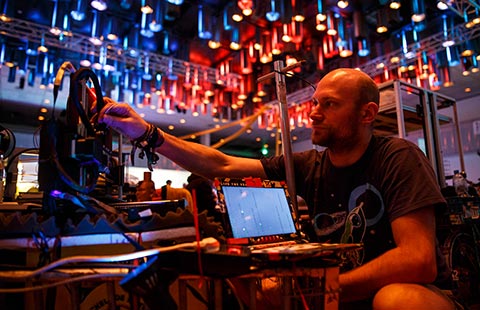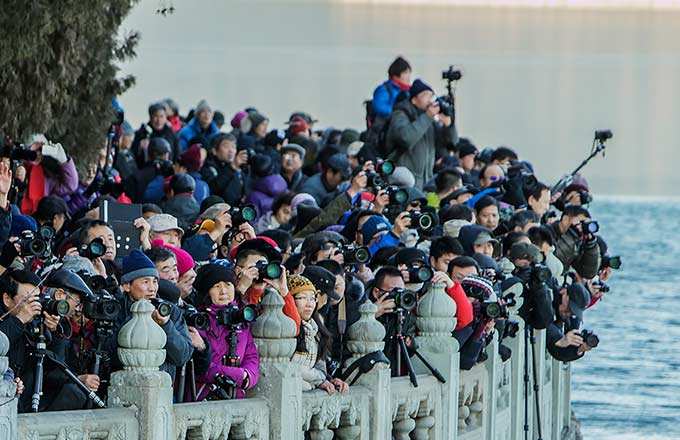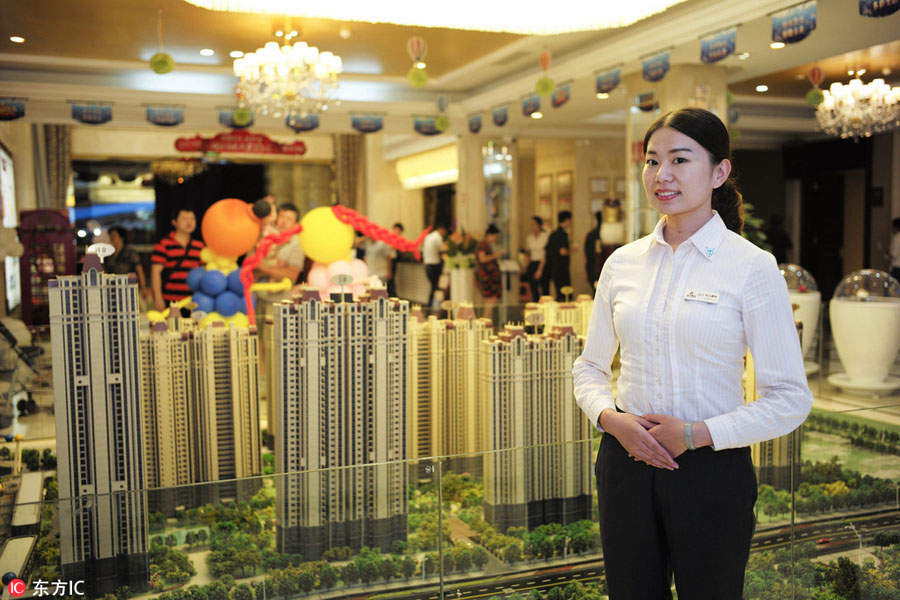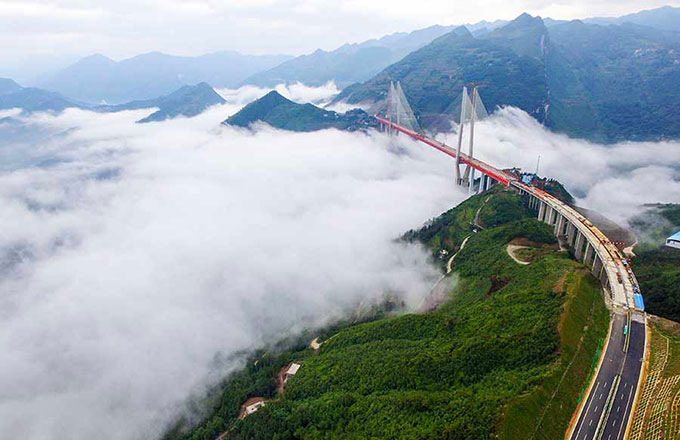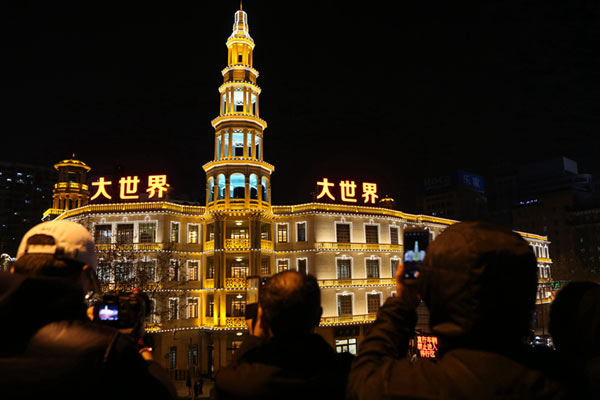Halt urged to rising luxury goods prices
|
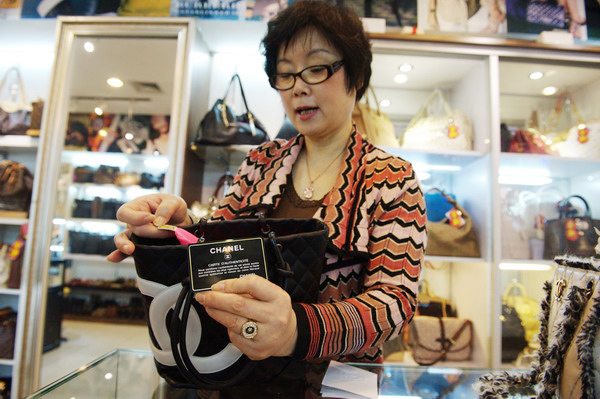 A shopkeeper selling secondhand luxury items at a department store in Beijing. The deputy chief of the National Tourism Administration has urged the government to introduce price controls on imported luxury goods. [Photo / China Daily] |
'Unreasonable' levels have been reached in shops across country, says official
A senior tourism official has urged the government to introduce price controls on imported luxury goods, which he said have reached unreasonable levels in shops across the country.
Talking on the sidelines of the ongoing National People's Congress annual session, the deputy chief of the National Tourism Administration, Wang Zhifa, said government measures are urgently needed to reverse the ever-rising prices of some imported luxury items.
He said the margins being earned by sellers had reached excessive levels, even though current import tariffs are not considered too high and there is no shortage of products in China.
Wang was responding to the findings of a report, which suggested that overseas luxury consumption by Chinese reached $8.5 billion, or about half of all global luxury product buying, from Jan 20 to Feb 20.
However, the report's authors, the Beijing-based World Luxury Association, also reported that domestic consumption of luxury products hit a five-year low during the same period, which included the Chinese Lunar New Year holiday.
Wang suggested that luxury items are generally around 30 percent cheaper to buy overseas than in China, and said he was not surprised by the disparity between luxury spending by Chinese at home and abroad.
China is trying to boost domestic consumption, in an attempt to rebalance the economy away from an over-reliance on investment and exports.
"The outpouring of luxury shopping overseas is natural - but the high prices here primarily come from huge price markups by sellers, instead of the tariffs being imposed," said Wang, a member of China's top advisory body, the CPPCC.
"It is fine for sellers to increase prices by several percent, but definitely not by several dozen percent, as they are doing," said Wang.
He urged the price control authorities to step in and set reasonable levels on seller markups, which he added would result in more customers from home and abroad, particularly tourists.
The Ministry of Finance said last year that Chinese tariffs on imported cosmetics, bags, clothing, shoes as well as watches were not high compared with other countries.
It reported that the tariff on a Louis Vuitton handbag, for example, was 10 percent, against equivalent rates as high as 30 percent in Brazil and South Africa, and 10 percent in India, 9 percent in the United States and 12 percent in Japan.
Wang also called on Chinese consumers and the government to help in the promotion of national luxury brands.
"A considerable number of luxury products that Chinese buy overseas are actually made in China," he said.




